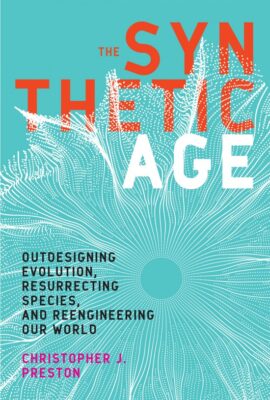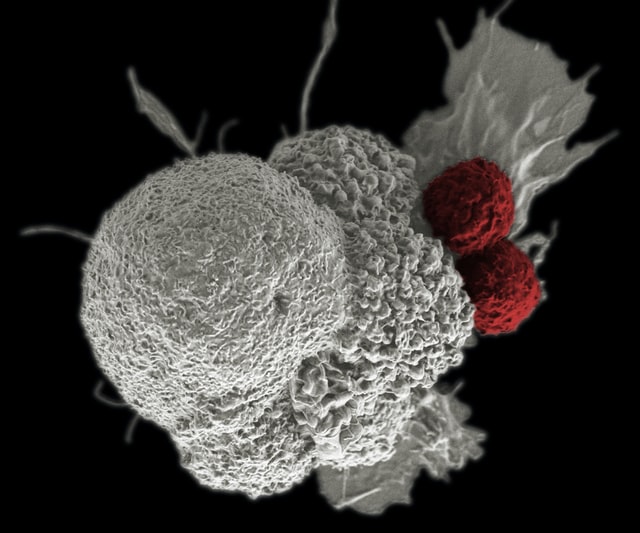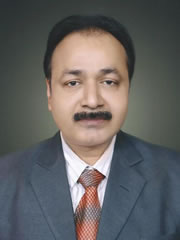Technology changes society. Technologies change human behaviour. Technologies bring forth new norms and responsibilities. This raises questions about the power of technology. Technology matters, because it is inseparable from being human, and how technologies have been incorporated into culture of difference. Technology might be instrumental, but is it just a neutral tool? And who is in control of technology? How does technology change the perception and experience of the world? And how does technology affect the forms of engagement and involvement with the world?
In every aspect of our lives we make use of all kinds of technologies. Technologies can anticipate needs or solve problems, and they can extend or enhance human capacities and activities. Technologies have made life easier, but also complicated our world. In this course you will get acquainted with some key approaches in philosophy of technology and design. How philosophy can help us understand the social implications of technologies?
Technological artifacts often serve to extend or augment existing human capacities or faculties. Technological artifacts are related to human behaviour for many reasons: they affect human behaviour: can change human experience; they have power to reduce and amplify human perception; can play a mediating role in the very relation between human beings and the world. They can alter sensory aspects of the body through amplification and reduction (e.g. spectacles and sun-glasses alter seeing; various hearing aids and cochlear implants can also amplify sound and our listening or hearing). With a phone you cannot see a person but you can hear the voice of the person, but now with video integrated into smart phones and relevant apps (Face-time, Skype, Zoom) we can see each other. This was the realm of science fiction only a few years ago. Moreover, medical implants such as knee and hip replacement provide components that enable mobility where it would have been lost due to diseases or accident, meaning that not only is pain removed or reduced, but also that people can remain productive. Nowadays, not just fillings and false teeth, but multiple dental technologies including dental implants, can make a huge difference for oral hygiene and apperarance.
Different cultures produce different artifacts and environments based on their cultural characteristics. People’s interactions with artifacts, influence cultures and can even produce a new culture. Different cultures also interact with each other and produce intricate patterns of human behaviour in relation to given situations.
Technology is a social and political force. The technological devices and instruments such as phones, spectacles, videos, cars, boats, planes, the Internet, apps and so on that we make and use, transform our experience in ways that are philosophically relevant. Such technologies effect changes in the natural and social worlds. In general, technologies either magnify or amplify our experiences. They can change the ways we live. This non-neutral, transformative power of humans enhanced by technologies is an essential feature of the human-technology relations.
If we understand the application of a tool appropriately, the more ways we conceive of how it may be put into practice. Our desires and intentions to act upon the world are themselves changed through the tools that we realize them.
Technology is a form of culture or a particular kind of culture. Culture or patterns of human behaviour that have become sedimented in habits and traditions is the more general phenomenon. The technological form of life is part and parcel of culture, just as culture in the human sense inevitably implies technologies. There are profound effects of technology on human culture.
 The thought-provoking book of Christopher Preston The Synthetic Age: Outdesigning Evolution, Resurrecting Species, and Reengineering Our World (MIT Press, 2018) is a crucial reminder, of how our world is changing, or it has already been changed. We need to rethink how we should deploy technologies to make our world a better place and we need to think of ethical obligations. Preston’s study is a good book that philosophers of technologies, sociologists, engineers and designers should contemplate for a moment.
The thought-provoking book of Christopher Preston The Synthetic Age: Outdesigning Evolution, Resurrecting Species, and Reengineering Our World (MIT Press, 2018) is a crucial reminder, of how our world is changing, or it has already been changed. We need to rethink how we should deploy technologies to make our world a better place and we need to think of ethical obligations. Preston’s study is a good book that philosophers of technologies, sociologists, engineers and designers should contemplate for a moment.
Like many others who now talk about the Anthropocene, he notes that not only have humans changed almost all of the Earth’s environment, resulting in a new era in natural history, but that humans are now making conscious and deliberate decisions designed to shape and affect the future of our world. He says:
Emerging technologies promise to give us the power to take over some of Nature’s most basic operations. It is not just that we are exiting the Holocene and entering the Anthropocene; it is that we are leaving behind the time in which planetary change is just the unintended consequence of unbridled industrialism.
He asks important questions that I fully agree with:
What does it mean when humans shift from being caretakers of the Earth to being shapers of it? And in whom should we trust to decide the contours of our synthetic future? These questions are too important to be left to the engineers.
We don’t deny that our society is a technological culture. It has become familiar today for us to blame technology for the various ills afflicting society. We rely on what we make in order to survive and live together in societies. Technological devices shape our rural societies, urban culture and the environment. They modify patterns of human activity. They influence who we are and how we live. Sometimes technological gadgets add to the excellence of our lifestyle. And, sometimes, they made our lives miserable. They engulf us, and we seem to be at a loss as to how to control them. Living in a technological culture, Wiebe Bijker (former chair of the Department of Social Science and Technology at Maastricht University, Netherlands) argues that this inevitably implies living in a vulnerable world. Vulnerability is not only an inevitable characteristic; it is even an important asset of our technological culture as a prerequisite for living with the quest for innovation. To live in an open, changing and innovative culture, we must pay the price of vulnerability. If vulnerability is an inevitable characteristic of technological culture, as I believe it is, how then do technological cultures handle this vulnerability?
It is a true fact that technology magnifies the experiences. It has both ways of amplification and reduction of experiences; it can also transform human experience and perception. Technological devices mediate our worldly experience. We need to remember that technology is a force on the cultural environment of technological development, and technology is also a political phenomenon that embodies institutional power relations between people.
Last but not the least, the main question remains yet to be answered, how do we use technology in ways that will create not just prosperity, but shared prosperity?
As a phenomenologist philosopher of technologies, I agree with the points: “Why technology isn’t the answer to everything” and that it’s good to explore “Why a technologically enhanced future will not be as good as we think.”




